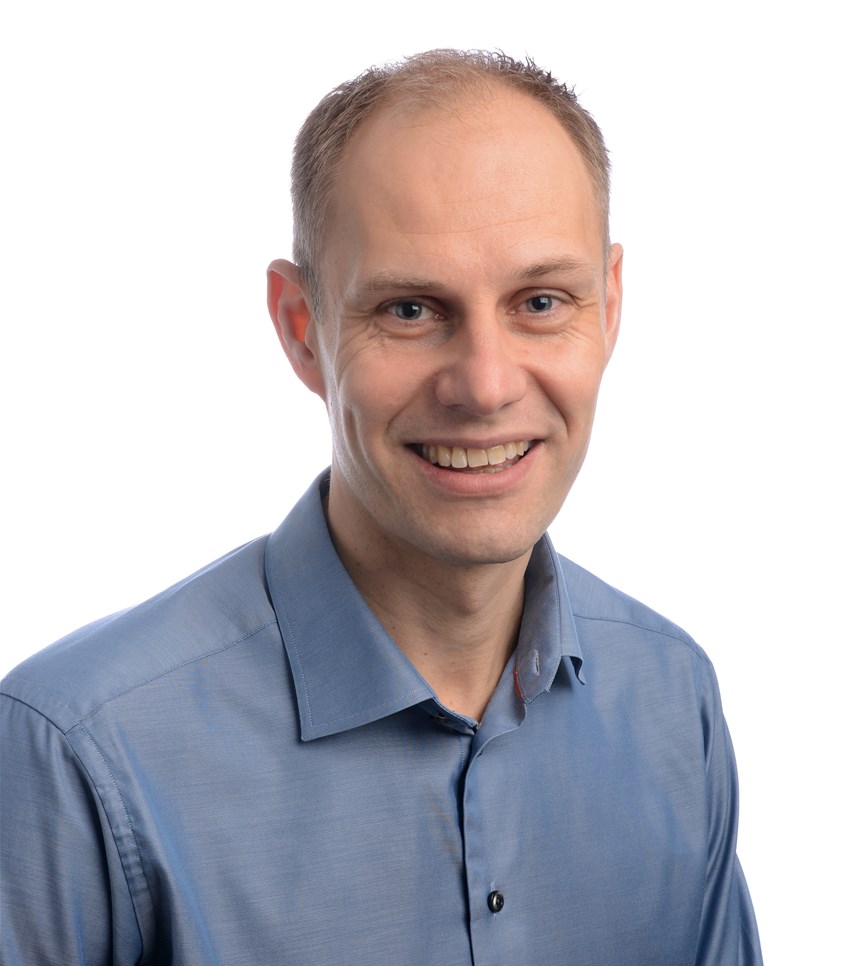VP & Head of Automotive Design & Engineering at AFRY, Martin Öman, on Autonomous Vehicles
Martin Öman is vice president and head of automotive design and engineering at AFRY, where he works with a team of 1,400 automotive engineers.
Tell us a little bit about AFRY.
AFRY is a European leader in engineering, design and advisory services, with a global reach. Our ambition is to accelerate the transition towards a sustainable society.
 In total we are 17,000 devoted experts working with infrastructure, industry, energy and digitalisation, creating sustainable solutions for generations to come. We are present and have offices in more than 40 countries and deliver projects in around 100 countries.
In total we are 17,000 devoted experts working with infrastructure, industry, energy and digitalisation, creating sustainable solutions for generations to come. We are present and have offices in more than 40 countries and deliver projects in around 100 countries.My business area focuses on automotive design and engineering. At AFRY, we have about 40 automotive clients. In addition to the big Swedish truck and car manufacturers, we have clients in Brazil, the UK, the US, China and Vietnam.
Can you give us a broad picture of what is going on in the automotive industry?
It is very exciting times in the automotive industry, with a rapid transformation towards electrified, connected, autonomous and shared vehicles to enable more sustainable mobility solutions. This is really changing the traditional automotive industry market.
The value of the automotive industry is predicted to double from 2018 to 2030, mainly driven by new mobility solutions and connectivity services. We need so many engineers – especially software engineers. The industry has proliferated and is becoming very diverse and dynamic.
The market is in transition, shifting towards software, and there is a dramatic increase of stakeholders influencing automotive design and the future of mobility:
- Cities are very involved now, as they want liveability and mobility.
- The energy industry is continuing to diversify and impact the possibilities.
- Mobility providers like Uber are changing the entire approach to mobility.
- Technology giants impact how systems work and communicate.
Gone are the days of the simple business model of established original equipment manufacturers (OEMs) and suppliers. Now new ecosystems are establishing themselves to deliver future mobility solutions.
For example, OEMs and tech giants like Google collaborate around navigation and entertainment systems, and the Evergrande Group (China’s second-largest property developer), which owns eight million apartments, is investing heavily in new vehicle platforms and looking for new business models combining living and mobility. We are really in a moment where mobility has many possible futures.
Is your team working on any exciting developments around autonomous vehicles?
Long term, fully autonomous vehicles (unsupervised) could offer great benefits, like a reduction in accidents arising from human error, reduced cost and environmental impact of transport, and liberation of the time currently committed to driving. These benefits will gradually increase as the systems for autonomy develop.
But with complex surroundings and increasingly challenging driving conditions on the road, this is no easy task. The vehicles need to be able to sense their environment and adapt their behaviour accordingly, as if they were conscious living beings. So, on a high level, this is what many of our engineers work on, but more specifically the assignments are within:
- Function development and functional safety
- Sensor technologies
- Electrical hardware
- Software development
- Cybersecurity, Big Data and AI
At AFRY we help our clients to develop solutions for both personal transport and freight delivery. For example, for three years we have been working for a robo-taxi company in the US who aims to be the first to deliver mobility-as-a-service in dense urban environments. This is a very exciting project!


